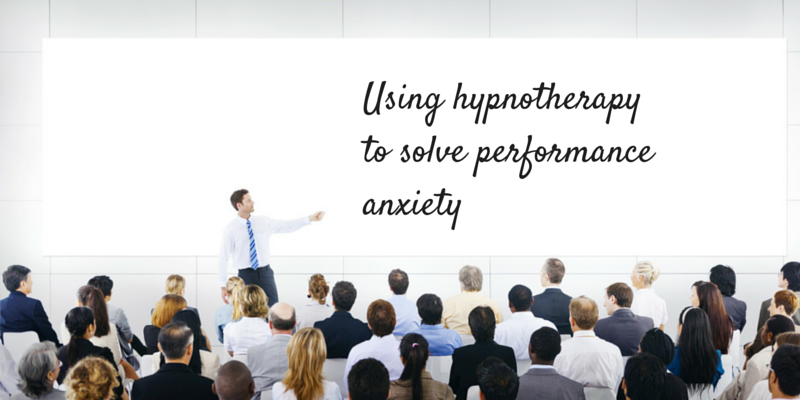Adult Bullying and Healing the Inner Children Involved
The image that is evoked when we hear the word “bully” usually includes children or adolescents. While there is no doubt bullying among younger people is a huge problem, they are not the only ones who suffer. Many adult clients describe devastating incidents wherein someone who is, whether in actuality or perceived to be, more powerful than they abuses power. The bully pushes them around, insults them, undermines them, or even threatens them physically.
This can occur in the workplace, on committees designed to serve the community, school parents’ groups, and a huge number of social interactions where adults gather, become competitive, and begin to play out games that one would think came straight off the school playground. When adults get bullied, they experience the same kinds of wounds children do. These include lack of self-esteem, fear, and even shame.
In a similar way, adult bullies do what they do as the result of wounds they may have suffered as children. They, too, lack self-esteem and a sense of importance. That’s why they bully others. When they dominate someone else, their perception of their power grows, albeit in not the healthiest of ways. This, too, often results in feelings of guilt and shame.
How Therapists Can Help the Bullied and the Bullies
Depending on the role a client plays in a bullying situation, the therapist is charged with supporting either the person who was bullied, or the bully him- or herself. Treating both bullies and their victims requires insight and understanding. Psychology Today recommends, that among other things, clients who are bullied acknowledge their experiences, stand up for themselves, and have compassion for the bully. As the article states, “Hurt People hurt people.”
That is painfully true, and coming to a point where it’s possible to be compassionate about a bully’s back story is a noble and healthy way to handle the experience. However, it can take quite a while for a client to get to that level of understanding and forgiveness. First, they have to get over the hurt and humiliation they’ve suffered.
Bullies also need to acknowledge their behavior and how it has affected people around them. They also have to come to a point of self-forgiveness, which can be even more difficult to achieve than finding the compassion to forgive someone else.
Talking helps, of course, but it doesn’t solve all the problems. When adults behave as though they are children, it’s usually because some wounded child part of them needs to be healed. This applies to both the bullies and their victims. In both cases, the individuals may be acting out because they had been involved in abusive situations in childhood.
Leaving past traumatic experiences unresolved also leaves devastated children in a state of devastation. When a similar situation arises in adulthood, they are not only upset by the unhealthy exchange, they are triggered to remember past hurts and the uncomfortable feelings they brought up.
Fortunately, there are ways of going deeper, and addressing what is at the source of the destructive feeling adult bullies and their victims experience. Moreover, identifying the source of these behaviors and experiences helps both the victim and the bully to heal.
The Key to the Source: Heart-Centered Hypnotherapy®
In Heart-Centered Hypnotherapy® clients are guided back, through age regression, to situations that are the same or similar to the experiences they have in the present or recent past. The client identifies the emotion that is felt in both instances. This might be anger, fear, sadness, shame, jealousy, guilt, or loneliness. Depending on the emotion, the client might express and release it, or learn how to extinguish it. Anger and sadness are discharged by the client in a safe and protective space. The other emotions, once identified, can be “brought down” by preparing the client to give positive reinforcement to that younger version of the self. Once this is accomplished, the client can begin to fully heal.
Old conclusions such as “I’m bad” or “I’m weak and powerless” are acknowledged. Old behavioral decisions such as bullying others or failing to stand up for oneself are identified. Then, lifetime patterns can be revealed. These perceptions that were acquired through the regression can be compared to the current situation.
Over time, the client may develop understanding and compassion for the individuals involved in both the past and present situations, but this is a process that must unfold at the client’s pace. Further sessions can help clients to feel strong enough to at least let go of the unforgiveness that might be preventing them from trusting others or feeling the sensation of self-love.
Clients who experience Heart-Centered Hypnotherapy® are much better equipped when a similar situation arises in the future. The victim and the bully will have tools that can prevent damaging situations. By recognizing when the child part comes up, they can cultivate an inner conversation that prevents it from taking over and either causing trouble or failing to take a stand that will repel the bully.
One of the reasons why Heart-Centered Hypnotherapy is so effective in these situations is that the client is the one who goes through the experience. The therapist doesn’t have to make judgments or push them to confront their behaviors. They get the chance to validate their feelings, evaluate their capacity to respond, and either fully express or “dial down” emotions that they had previously kept locked inside. This allows them to behave in completely new, and healthy, ways.
Learn Hypnotherapy in Less Than a Week and Help Your Clients to Heal
With The Wellness Institute’s Six Day Hypnotherapy Training and Certification Program, you can learn how to guide your clients through these healing sessions. Didactic materials cover how hypnotherapy is commonly used to treat various issues, as well as the differences between hypnosis and hypnotherapy.
You will learn traditional hypnosis techniques, such as induction, deepening, and hypnotic suggestions, as well as how to bring the client back to normal consciousness. You will also be taught how to conduct hypnotherapy sessions, which permit you to use age regression to correct faulty thought processes.
The Six Day Hypnotherapy Training and Certification Program emphasizes hands-on learning. You will get the opportunity to participate in a total of six sessions, two as therapist, two as observer, and two as client. One of the unique features of The Wellness Institute’s programs is the focus on the therapist’s healing journey. Many of our students comment on the value of their experiences as clients in the sessions, and choose to continue their work at The Institute.
The Advanced Internship, Personal Transformation Intensive Leadership Program, and the Mentors Program provide opportunities for you to deepen your skills and develop new dimensions of personal growth. And, if you’re curious simply about learning hypnosis, the Introduction to Hypnosis Course takes just two days to complete, and will allow you to work with clients using the techniques you learn right away.
Heart-Centered Hypnotherapy® was developed to help clients—and therapists to heal past wounds so they can live happier and more fulfilling lives. We hope you’ll join us. Enroll right away online, or if you have any questions, contact Desiree, our enrollment specialist. The Wellness Institute has a long tradition of personalized service and high quality training, and we are excited to serve you..








